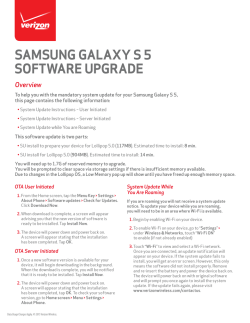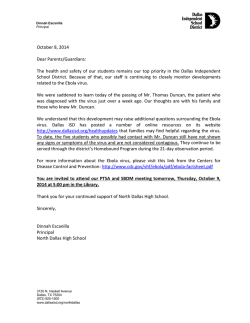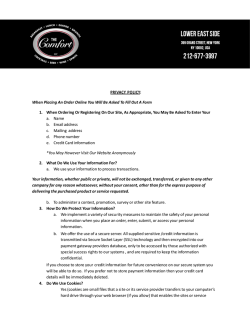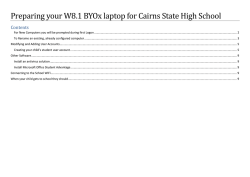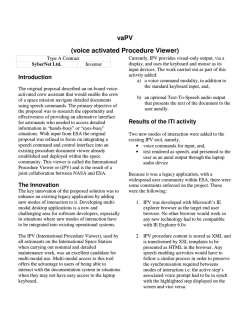
Anti-Spyware Coalition | internet, marketing y actualidad
Protecting Your Computer: Avoiding and Removing Spyware The best defense for your computer against spyware and other malicious software is your own vigilance. Install and Run Security Software · Install and run the appropriate security for your computer, including antispyware and antivirus software, and a personal firewall. If you have children in your household, use parental control software to block inappropriate downloads. · Set your antispyware and antivirus software to automatically update so that the software recognizes new threats. · Before purchasing security software, check to see if your computer manufacturer has already provided this software. If not, check with your Internet service provider to determine if these programs are provided with your Internet service. Maintain Your Computer · Regularly check for security updates for your operating system and other software; download and install patches immediately. Set your software to automatically install updates. · Run a full spyware and virus scan of your computer whenever you suspect that you might be infected with spyware and never less than once per week. Symptoms of spyware infections include: unexpected popups, a home page change, random error messages, and slower computer performance. · Adjust the security and privacy settings on your Internet browser and operating system to control what software is installed on your computer. Be Cautious When You Are Online · When surfing the Internet, only visit web sites that you are familiar with and trust. · Carefully read any operating system or Internet browser warnings. To close a window or dialog box, consider the options provided by your operating system or Web browser, such as closing the window with the “x” mark in the upper corner. · Be wary of “free” software; it could include extra software you may not want. Be especially cautious with free filesharing programs, screensavers, wallpaper, and smileys because these almost always come with extra software. If you’re not sure about a program, enter the name of the software into a search engine to see what others say about it. · Always read the licensing agreements and privacy statements for any software. Many of the potentially unwanted behaviors are only revealed in the “fine print.” · Pay close attention to the information that appears on your screen when you are installing software. The installation program may use vague or confusing language to trick you into saying “yes” when you want to say “no.” · Learn more about how to protect yourself by visiting the following websites: o http://www.getnetwise.org o http://www.internet101.ca/index_e.htm o http://www.mediaawareness.ca/english/special_initiatives/web_awareness/index.cfm o http://www.onguardonline.gov o http://www.staysafeonline.org o http://www.stopbadware.org Please note: If you are a victim of domestic violence or stalking and suspect that someone has installed spyware to monitor your activities, talk to a victim advocate before attempting to remove the spyware. Law enforcement may be able to assist you and would want to preserve evidence. In the United States, call the National Domestic Violence Hotline for more information at 1800799 SAFE (7233). This content can be freely copied and used as long as you make no substantive changes and clearly give ASC credit. For details, see http://www.cdt.org/about/copyright.php.
© Copyright 2026
